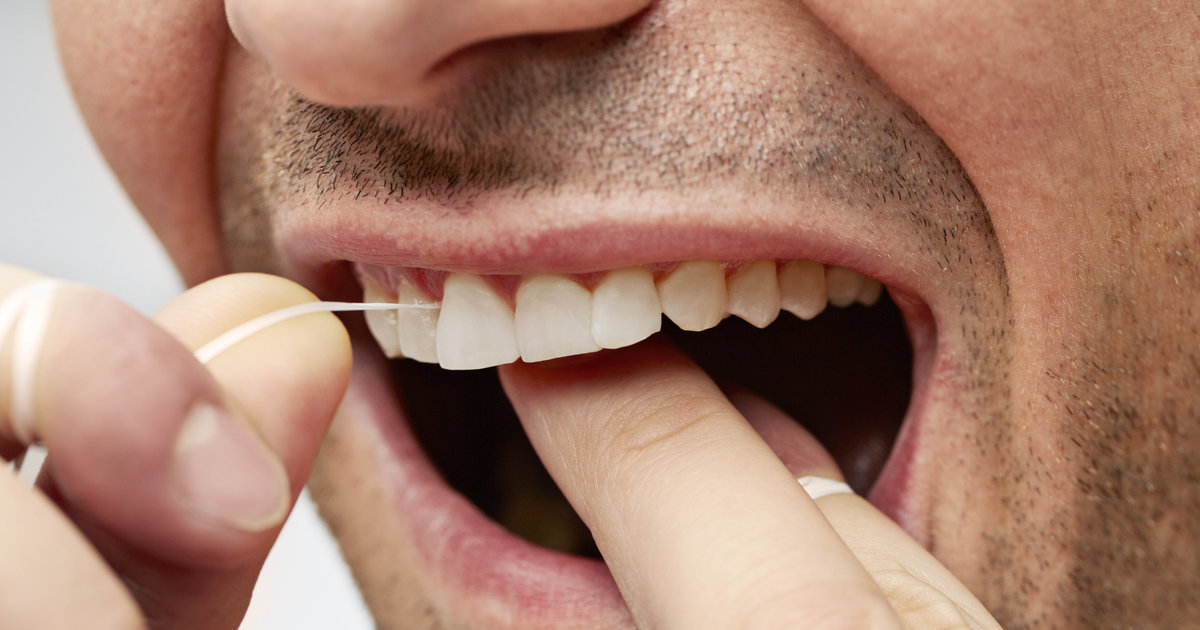Common Causes Of Sore Gums
Sore gums are a sign of gum damage, and they can develop due to a number of medical illnesses and dental issues. Sore gums often also include bleeding gums, puffiness or swelling around the gum line, and redness around the gumline. Sore gums can affect individuals of any age, though children and the elderly are at a higher risk of this symptom. Sore gums can be evaluated by a dentist or a doctor. Gums that have severe damage may tear. The clinician will look in the mouth to assess the gums and may press on the gums to see if there is any bleeding. In some cases, blood tests may be needed to rule out medical causes of sore gums.
Improper Flossing Technique

Individuals may develop sore gums if they do not floss well or often enough. Patients who are just beginning a flossing routine may notice their gums are painful or even bleeding once they finish. This is because flossing dislodges plaque built up along and underneath the gum line, exposing tissue that was previously covered. While flossing is essential in preventing long-term gum disease, improper flossing technique may damage gums. Flossing correctly involves making sure not to use too much downward force when placing the floss between the gums. Many patients find flossing difficult, and it is often easier to use a water pick or floss pre-mounted on a stick. These devices help remove plaque and debris gently. A dentist or dental hygienist can recommend appropriate flossing techniques and flossing aids for individual patients. Patients concerned about symptoms of gum damage may wish to visit a dentist or periodontist for evaluation.
Learn more about what can cause sore gums now.
Brushing Teeth Too Hard

Brushing teeth too hard can lead to sore gums. While trying to remove plaque, many patients think brushing harder is better. Instead of brushing with excessive force, patients should focus on brushing with a gentle, circular motion on every tooth. The use of an electric toothbrush can enable patients to brush with proper technique; the electric toothbrush does the necessary work without the patient having to do more than just slide it across the teeth. A dentist can help patients learn proper brushing technique and point out areas of the mouth that need attention. If a patient feels they may be brushing teeth too hard, they can switch to a soft bristled brush and may want to consider using a small or medium size brush head. A wide range of electric toothbrushes are available at every budget level, and these can be especially helpful for children and individuals with arthritis or other hand conditions that may limit their ability to brush properly.
Continue reading to reveal more potential causes of sore gums now.
